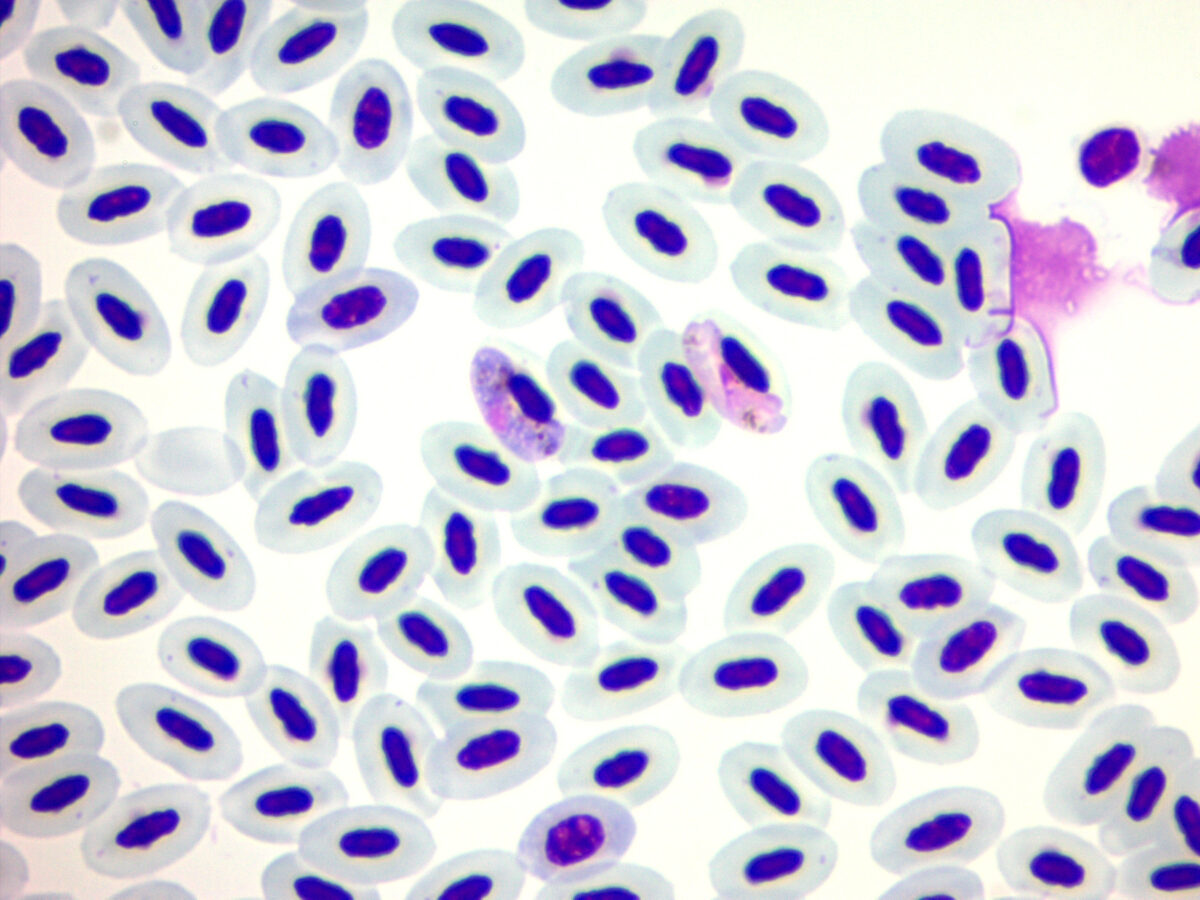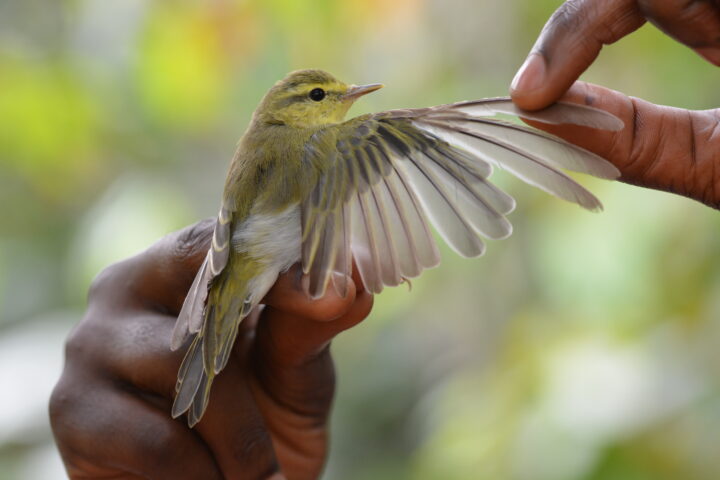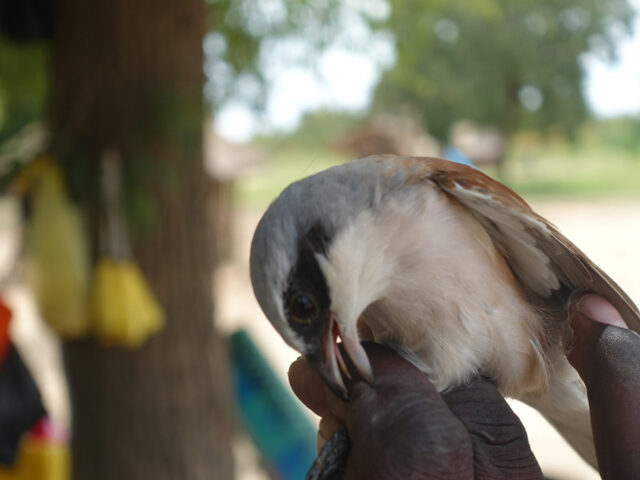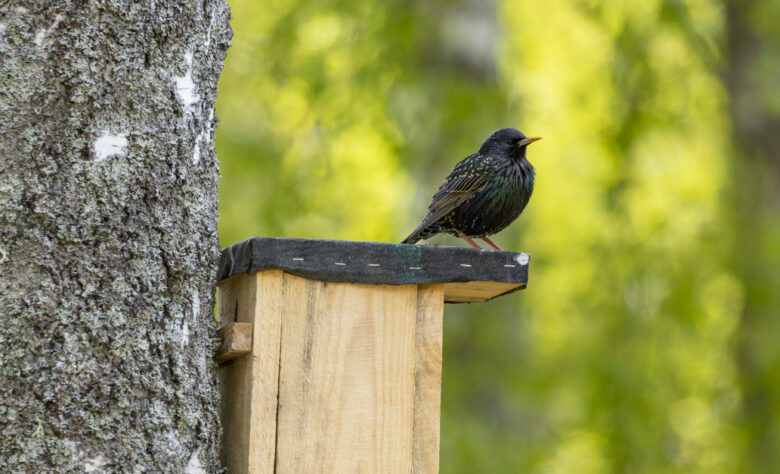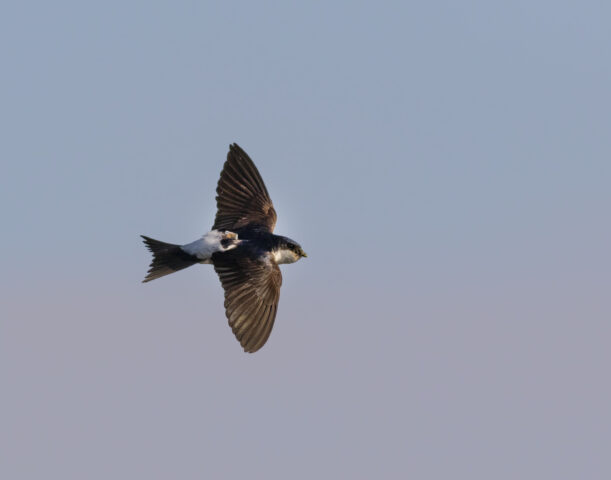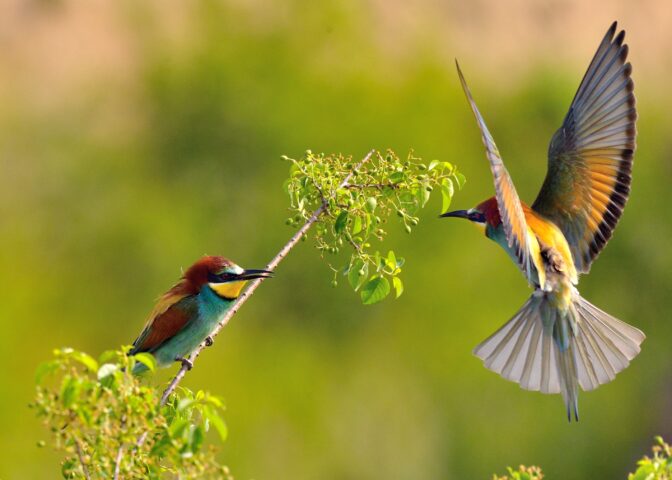Migratory birds host a large variety of parasites. Understanding mechanisms of host-parasite-interactions is complex as the transient nature of migrants makes it difficult to follow them and to monitor the infection, physiological state, and behaviour. We aim at closing gaps in our knowledge about the effects of parasites on migrating avian hosts by addressing the following questions: What consequences do parasites have on their avian hosts? How do these consequences depend on a seasonally specific infection severity and how long do such effects last? How are different consequences mechanistically linked?
Details
Methodology
The specific time-scales, at which these consequences appear, can be categorized as follows: 1. physiological performance, at the scale of minutes to days, 2. daily activity budgets at the scale of days to weeks, 3. migration behaviour at the scale of weeks to months, and finally, 4. survival and reproductive success at the scale of years to life-time. We employ a suite of empirical, lab-based and theoretical methods, like measurements of metabolic rates, geolocation and multi-sensor tracking, state-dependent optimal migration models and network models.
Significance
Our research will elucidate mechanisms that mediate the spread of wildlife diseases, which has implications for both human societies and nature conservation. Parasites and diseases pose an ongoing threat to global health security and identifying their consequences and mechanisms form the basis for the development of successful prevention strategies.
Results
We currently investigate the prevalence and parasitemia of blood parasites (i.e., avian malaria) in various migratory and resident passerine bird populations in the Palearctic and combine these with analyses of migration behaviour and daily activity performances. Furthermore, we measure the physiological capacity of infected and non-infected birds to quantify the short-term consequences of parasitemia.
Project partner(s)
- T. Emmenegger, Lund, SE
- P. Prochazka, Brno, CZ
- W.A. Buttemer, Wollongong, AUS
- H.Pendl, PendlLab, CH
Financial support
- Swiss National Science Foundation, Projekt 31003A_160265
Publications
https://doi.org/10.1186/s40850-022-00134-9
https://doi.org/10.1002/ece3.7030
https://doi.org/10.1186/s40850-021-00071-z
https://doi.org/10.1111/ibi.12752
https://doi.org/10.1016/j.ijpara.2020.07.005
https://doi.org/10.1007/s00360-019-01213-z
https://doi.org/10.1007/s00436-018-6072-7
https://doi.org/10.1111/jzo.12565
https://doi.org/10.1098/rspb.2017.2307
https://doi.org/10.1016/j.epidem.2009.04.002
Project team members



Trade publications
2022
Europe and the West African savannas Bruderer, B. & D. Peter, 2022
Contact: info@vogelwarte.ch
License: zenodo-freetoread-1.0
doi-Link: doi.org
Contact: bruno.bruderer@vogelwarte.ch
2021
Contact: info@vogelwarte.ch
License: zenodo-freetoread-1.0
doi-Link: doi.org
Contact: bruno.bruderer@vogelwarte.ch
Bird Migration
We research migratory birds from their breeding grounds to Africa and lay the foundations for their protection beyond national borders.


